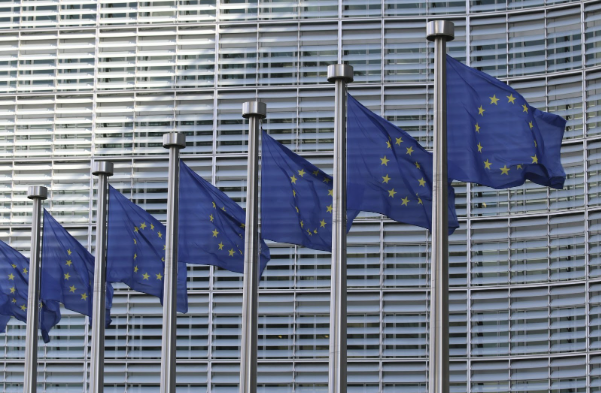Grilled or Let off the Hook? How the European Parliament scrutinised the new Commissioners
By Anna-Magdalena Glockzin, 3 minutes.
Following up on the first article on the New European Commission, this piece will take a closer look at the Commissioner hearings that the European Parliament conducted in order to “investigate” the potential candidates for the New Commission. This way MEPs ensure that the candidates are fit for the job and, at the same time, that MEPs have some influence in the selection process of the Commissioners, who will then be responsible for drafting laws and setting the political agenda. However, whether the persons who are nominated for the job are actually suitable might be a secondary criterion. Strategic decisions and party politics play an important role too. In order to perform well in the hearings, the candidates have to study the entire EU legislative acquis in one month, they can get used to the process by engaging in mock hearings (although most of the nominees don’t do that, which might be a question of ego, since these mock hearings are conducted by their staff), and they have to practice a fair amount of lobbying with the MEPs. But which were the most interesting hearings?
First of all: Olivér Várhelyi, the candidate for the health and animal welfare portfolio. As established in the previous article, he is a very controversial candidate for several reasons and he loyally supports his Prime Minister Viktor Orbán. The European Parliament grilled him in a three-hour hearing and afterwards deferred their decision to nominate him as a Commissioner due to concerns regarding his lack of acknowledgement that women’s health is an EU competence and his limited support for LGBTQ+-inclusive health policies. The MEPs drafted additional questions that Várhelyi had to answer within 48 hours but his responses didn’t seem to dissolve the MEP’s doubts. In the end, the Parliament formally requested von der Leyen to move sexual and reproductive health competences, among others, away from him to the Belgian candidate Hadja Lahbib, whose home affairs portfolio also covers crisis management as a policy area.
Raffaele Fitto is another hot-button candidate. He is the pick of Italy's Giorgia Meloni and his executive vice-president’s portfolio is about cohesion, economy and post-pandemic recovery. His choice is contested since he is a member of the hard-right European Conservatives and Reformists group (as a member of the Fratelli d’Italia ruling party) and will take on a vice-presidency, which will be tough to take for the liberals and socialists in the parliament. However, he managed to avoid any attempts by the MEPs to make him voice his right-wing political opinions. Further, he emphasised that “he will make a serious commitment to the European Union”, taking a step away from his party. Thus, the hearing was not very controversial in itself, but some MEPs remain sceptical because of his strong ties to Meloni.
Another case worth looking at in detail is Teresa Ribera Rodríguez because she is the Spanish candidate for the executive vice-president post for a green and digital transition. She is the only socialist in the whole Commission and has a full plate, taking care of EU’s competition capabilities and green transition. Still, Ribera seemed to have convinced the Parliament of her abilities to fulfil the job’s challenges and demands. During her hearing, she had to counter numerous attacks by far-right lawmakers who tried to pin the destruction of the recent floods in Spain on her but she managed to remain calm and patient, which got her appraisal by Greens and center-left Socialists.
The bottom line of these commissioner hearings is that all proposed Commissioners-designate became appointed Commissioners, although the Parliament requested some changes in the responsibilities for some of the candidates. On November 27, 2022, the European Parliament informed Ursula von der Leyen of its final approval of the new Commission (370 in favour, 282 against, 36 abstentions), so that they are able to take office and start working on December 1, shaping the EU’s agenda for the next five years.
